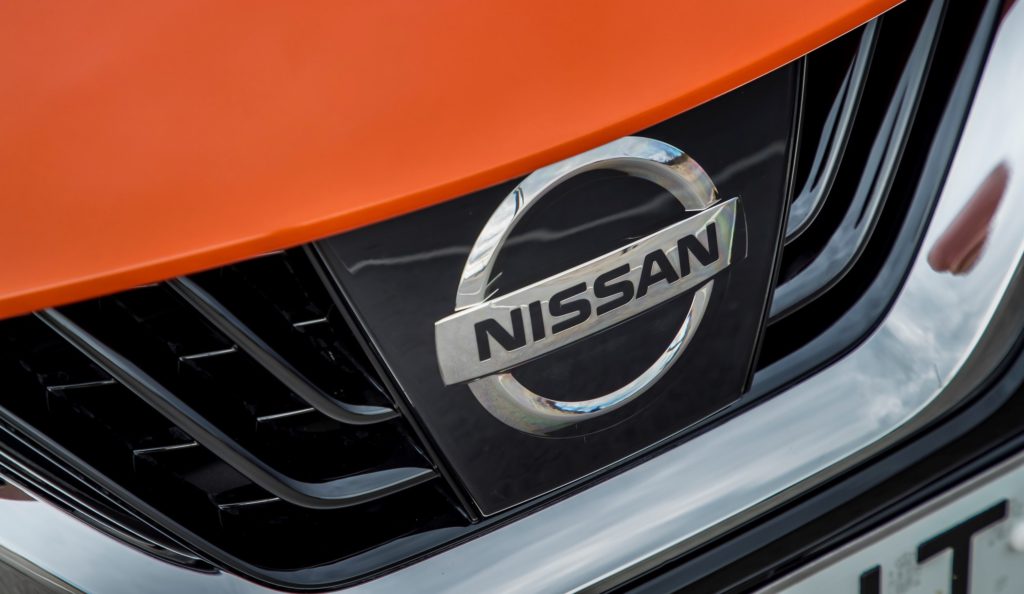Jobs and production under review following Nissan financial results
25 July 2019

25 July 2019
Nissan is to cut 12,500 jobs globally as the carmaker attempts to shore up its finances in the wake of recent troubles.
While there has been no mention of which markets will suffer, or when the total number of job losses will be completed by, Nissan CEO Hiroto Saikawa has suggested that 6,400 workers will be dismissed by the end of March 2020.
Following eight months of scrutiny after the carmaker’s former chairman, Carlos Ghosn, was arrested over financial misconduct, Nissan has been struggling for sales and profits. Its Q1 results for the current financial year (April to June 2019) saw a 94.5% fall in net income compared to the same period in 2018, one of its worst quarterly performances in a decade.
Recovery drive
As such, Nissan is undertaking a global review of its business. As part of this, it will also reduce both production capacity and the number of models it produces by 10% by the end of 2022 – although, as with the job losses, it is not known which markets will suffer.
′While some of these initiatives are already underway, the company expects that substantial improvements in its performance will take time,’ the carmaker said in a statement.
Nissan sales in Europe, including Russia, fell by 16.3% to 135,000 units in the quarter. Market share in Europe was 2.5%. Unit sales in Russia decreased by 21.7% to 18,000 units, equivalent to a market share of 4.1%.
According to the latest ACEA statistics, when compared with the first six months of 2018, Nissan is the worst-performing manufacturer in Europe (not including Russia). The company has sold almost a quarter (24%) fewer cars compared to the period January-June 2018.
Saikawa’s emergency overhaul comes as he tries to speed up a recovery plan running through the fiscal year ending 31 March 2023. He said earnings would gradually start to recover in the second half of this fiscal year, after a brutal first quarter he said was worse than expected.
Difficult year
The Ghosn scandal has dogged Nissan throughout 2019. Seen by many as a coup by Saikawa, the former chairman was arrested in Japan after Nissan reported financial irregularities to authorities. The move has also weakened the Renault-Nissan-Mitsubishi Alliance, with the French carmaker trying to restore some good feeling with its partners.
Last week, Ghosn’s representatives announced the Brazilian’s plans to sue the Japanese carmaker over his removal from its Dutch joint venture business.
Nissan also announced earlier this year that it would not be building its new X-Trail model at its Sunderland plant in Britain, despite promises to the UK Government that it would do so despite Brexit. This assurance secured the Japanese carmaker funding from the government, which it will now not receive.
UK unions are hoping that the reduction in production facilities and job cuts will not impact Sunderland. It is possible, however, that the carmaker may be waiting to see whether the country leaves the European Union with or without a deal before it makes a decision.
Sunderland is a key manufacturing facility for the carmaker’s European operations but by pulling the production of the X-Trail back to Japan, it is taking advantage of a free-trade deal between its home country and the EU.